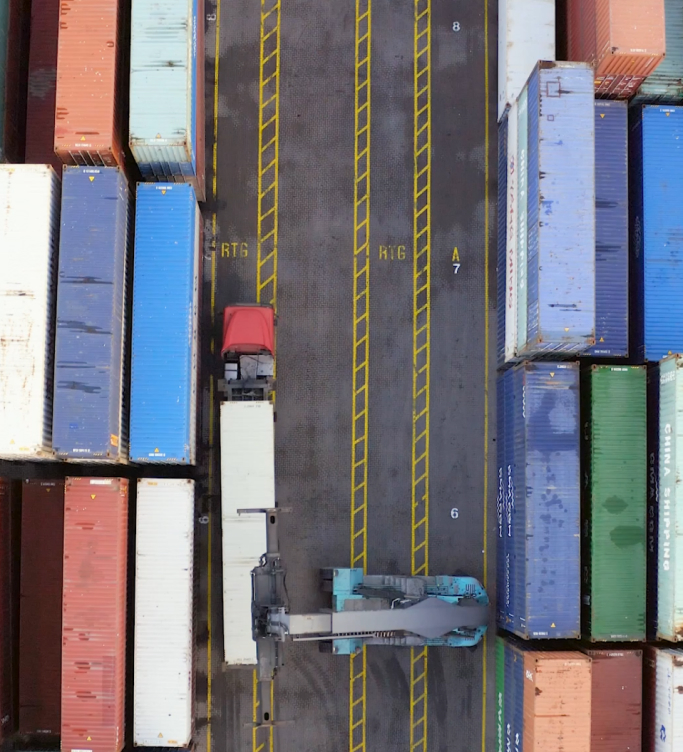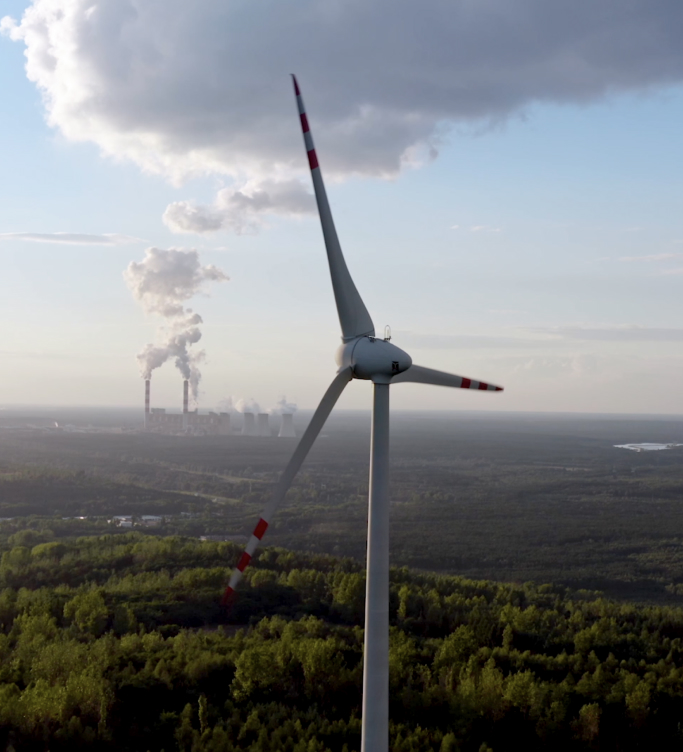The Energy Transition
“Hydrogen is today enjoying unprecedented momentum, driven by governments that both import and export energy, as well as the renewables industry, electricity and gas utilities, automakers, oil and gas companies, major technology firms and big cities. The world should not miss this unique chance to make hydrogen an important part of our clean and secure energy future.” – Dr. Fatih Birol, Executive Director, International Energy Agency, 2019 [1]
The energy transition is a global movement away from fossil fuels for energy production and usage – a movement toward a true zero-carbon world. Transitioning from coal, oil and natural gas to energy carriers like hydrogen is a fundamental step to make this transition happen.
PDC is committed to the hydrogen energy transition, one we believe is critically necessary for the future of the planet. In the face of a mounting climate crisis, hydrogen provides a viable, scalable energy carrier for a lower carbon-energy mix. With near-unrivaled flexibility, hydrogen can be used broadly across industries including transport, steel, ammonia, refining, and power for commercial and residential applications.




At the core of this transformation is the need to dramatically reduce CO₂ emissions from human activity to limit climate change, the evidence of which we see all around us. In 2020 alone we saw five of the six largest fires on record in California and Oregon. In March 2022, Eastern Australia saw the highest weekly rainfall since records began, causing unprecedented flooding near Sydney. If climate change continues apace, Bangladesh, perhaps one of the starkest examples of the climate crisis, will see one in seven people displaced by rising water by 2050.
The race is on to get to net zero greenhouse gas emissions to ensure the global temperature stays within 2°C of pre-industrial levels. This figure is widely understood as the maximum temperature increase to avoid catastrophic changes to the biosphere per 2015 COP21 Paris Climate Agreement.
The uptake of renewable energy will support this, with renewable energy and energy efficiency able to achieve up to 90% of the required carbon reductions, according to the International Renewable Energy Agency.
Presently in the U.S., renewable energy sources account for only 20% of electricity generation, with Europe at 40%. The International Energy Agency forecasts global renewable-based power capacity to increase 50% between 2019 and 2024 off the strength of solar.
This transition needs to accelerate to support decarbonization and stay within the 2°C limit, with both government and the private sector investing hundreds of billions of dollars to support their environmental pledges over the coming decade.
Power generation from renewables is only half of the change required – decarbonization of transportation is also a necessity. This involves the change to battery electric and hydrogen for planes, trains, trucks, and cars – this is the realm of PDC Machines!
Why Hydrogen

Hydrogen in Transport
Hydrogen is an ideal zero-carbon fuel to replace fossil fuels in transport because of its energy density.
Green hydrogen can be created in situ using renewable energy and water through a process called electrolysis. Renewable energy is used to split the water molecule into hydrogen and oxygen, and the hydrogen can then be compressed and used to fill a fuel tank.
While battery electric is appropriate for passenger vehicles, it is less appropriate for decarbonizing other mobility segments due to battery weight, range and charging time. Heavy-duty trucking and bus segments, for example, demand long-range requirements and fast refueling due to their high utilization. Hydrogen as a fuel is ideal, as its refueling and range characteristics are similar to those of gasoline. For aviation, hydrogen is an ideal fuel due to its energy density – batteries are prohibitive due to their weight.
As a result, hydrogen and fuel cell vehicles have a key place alongside battery electric vehicles in the clean transport ecosystem.

Hydrogen in Energy Storage
The key issue with renewable energy is that we have little control of when the energy is produced – we cannot get solar energy at night or wind energy when the wind does not blow. Also, the times when clean energy facilities produce renewable energy in large volumes may not align with peak human demand. Hydrogen plays a critical role here as the energy storage buffer. During periods of low energy demand, renewable energy can be used to make hydrogen, which, with its energy density, can be used to power civilization when renewables are not creating electricity. Hydrogen, therefore, represents a power we can harness to close the green energy loop.
We now have the tools to enable the energy transition. It is up to us to drive these changes to ensure lasting impact for the planet.


